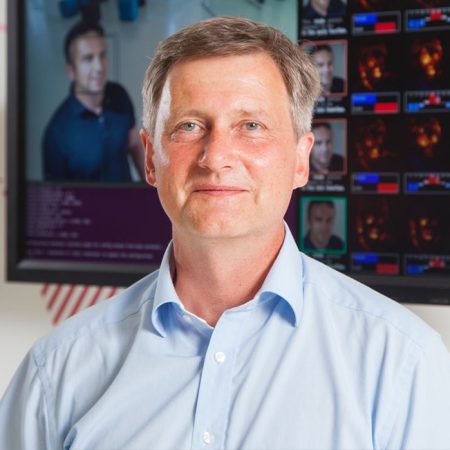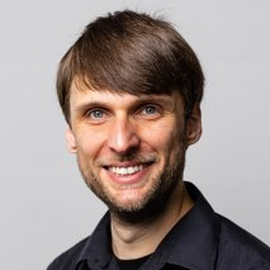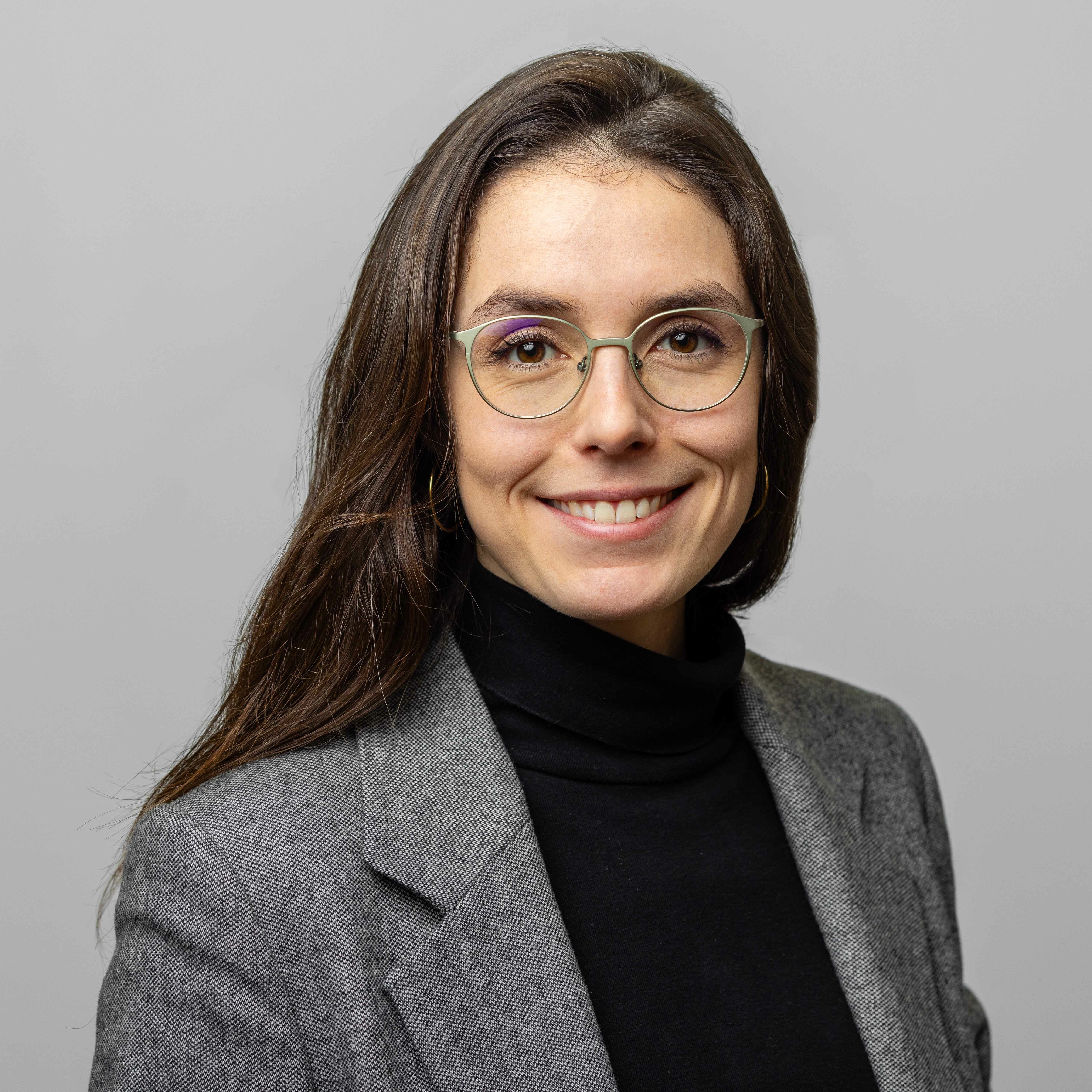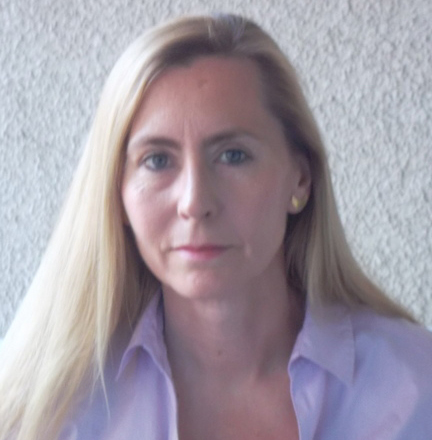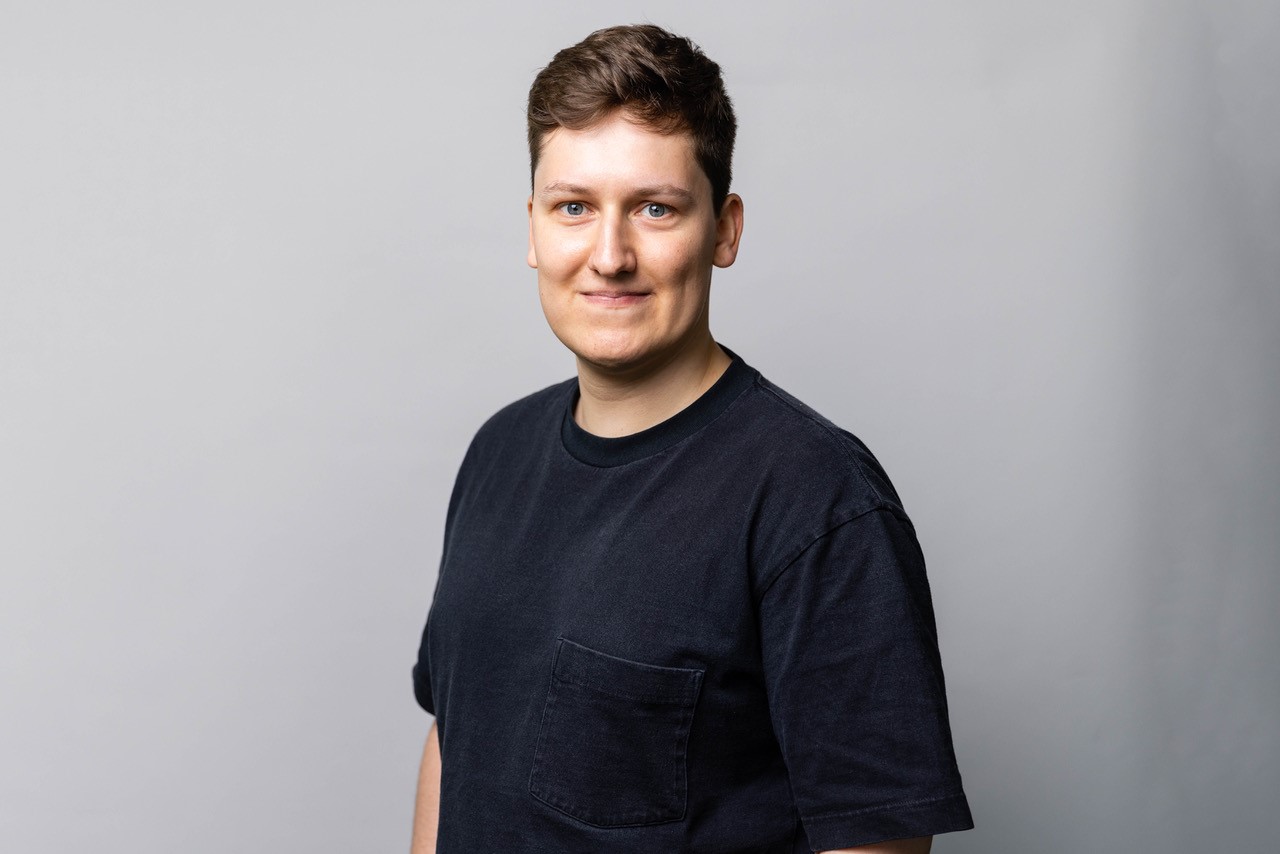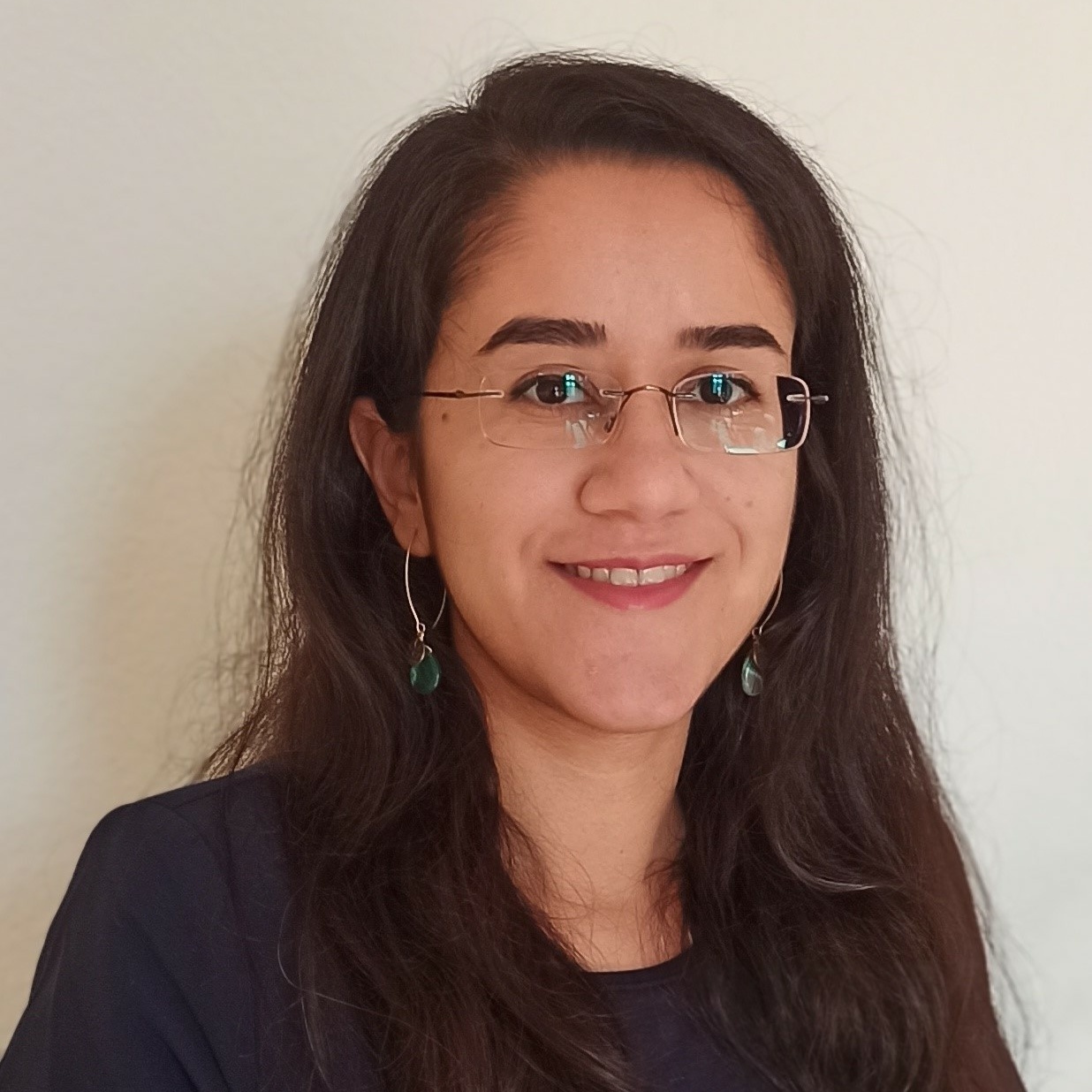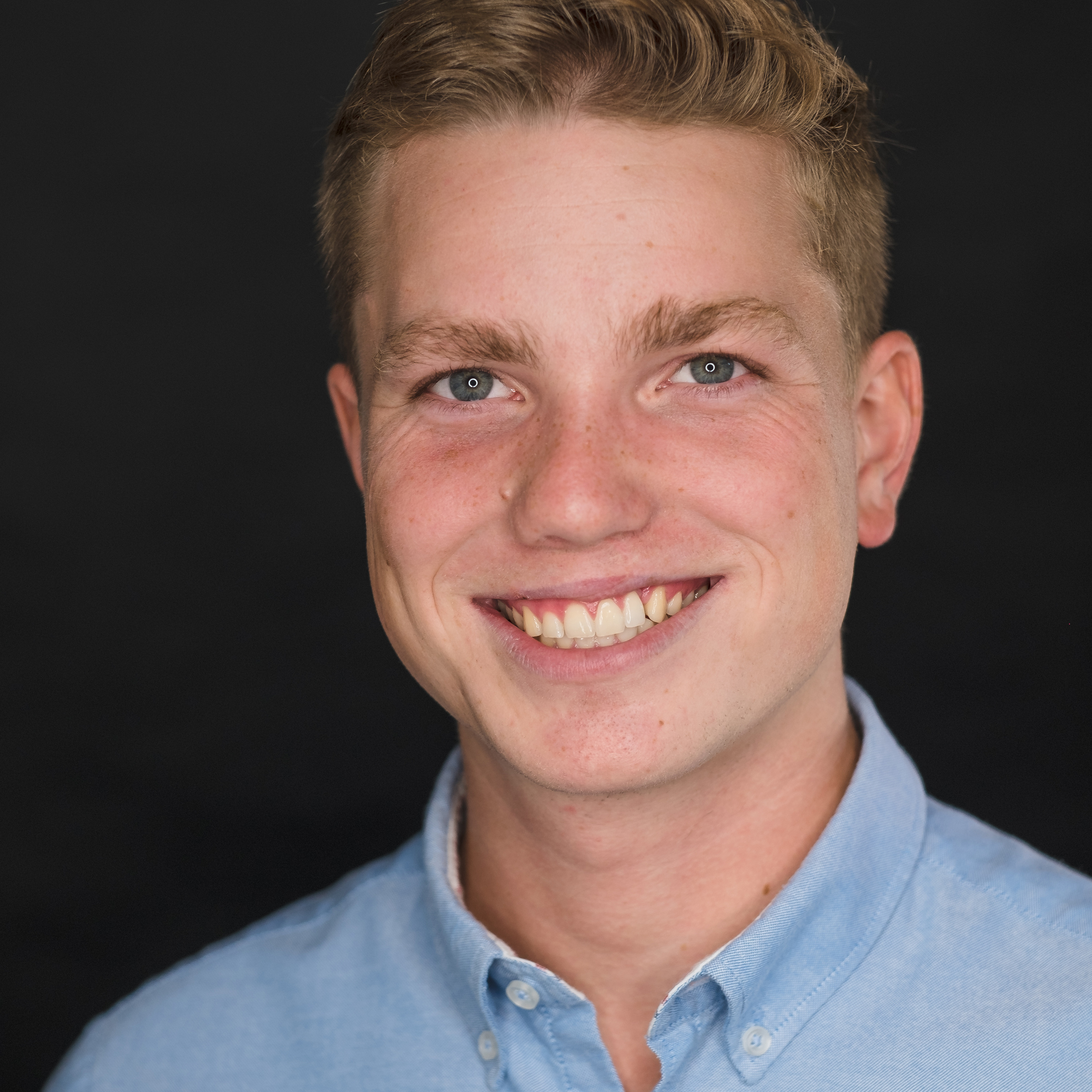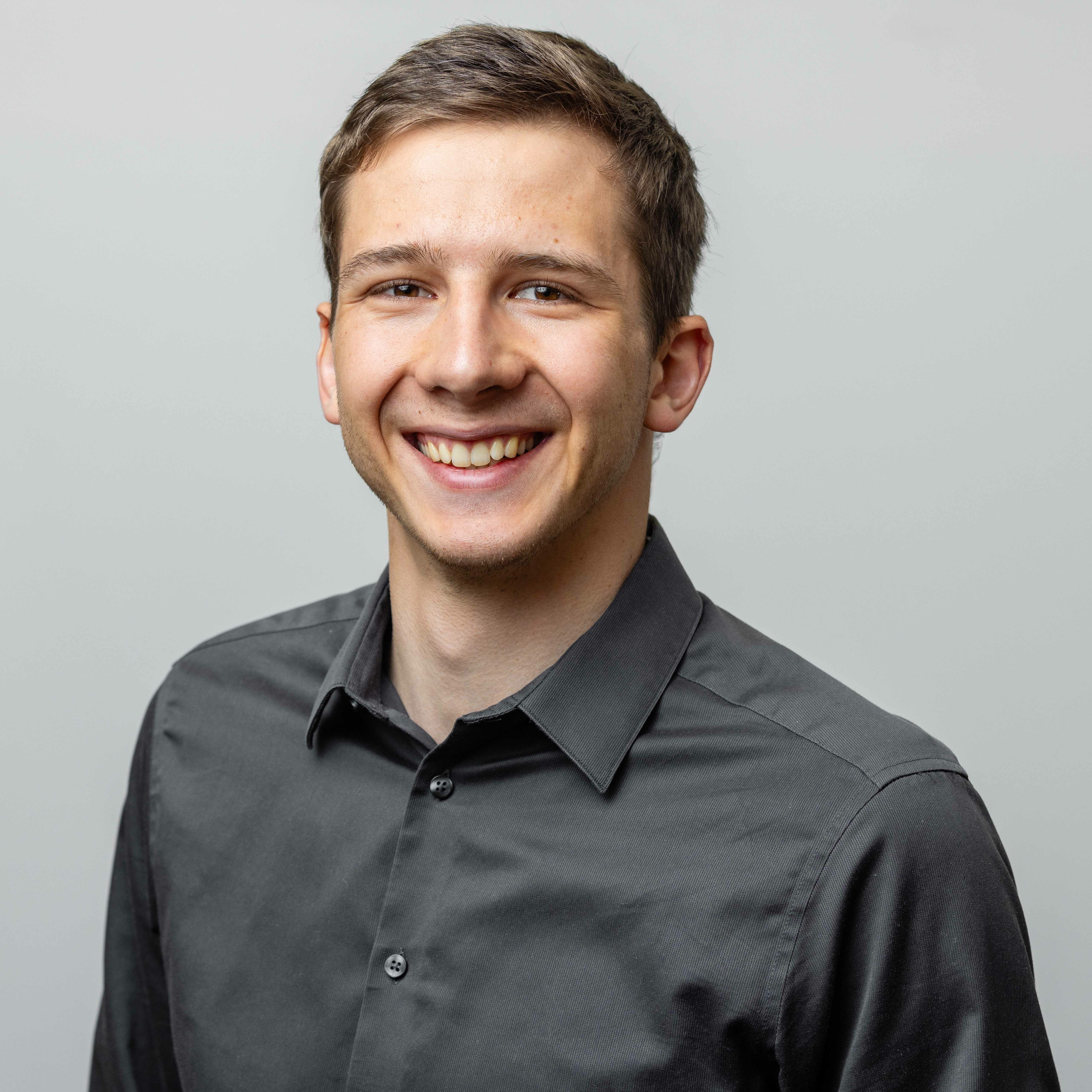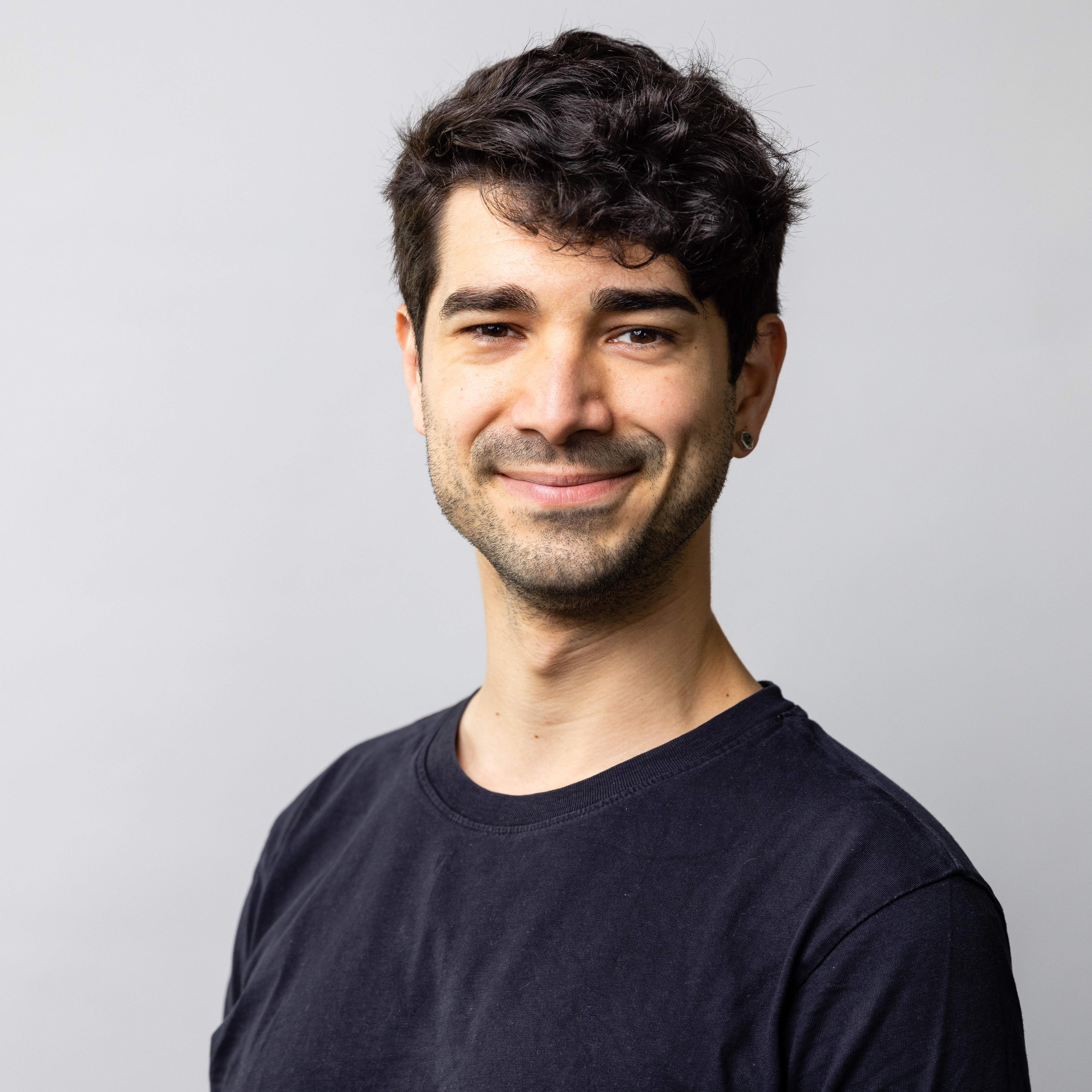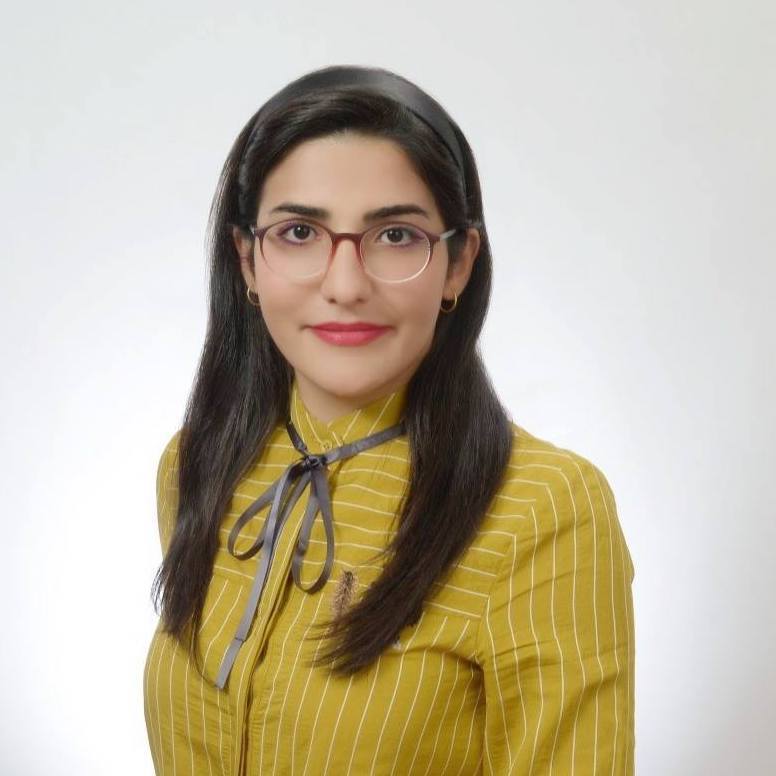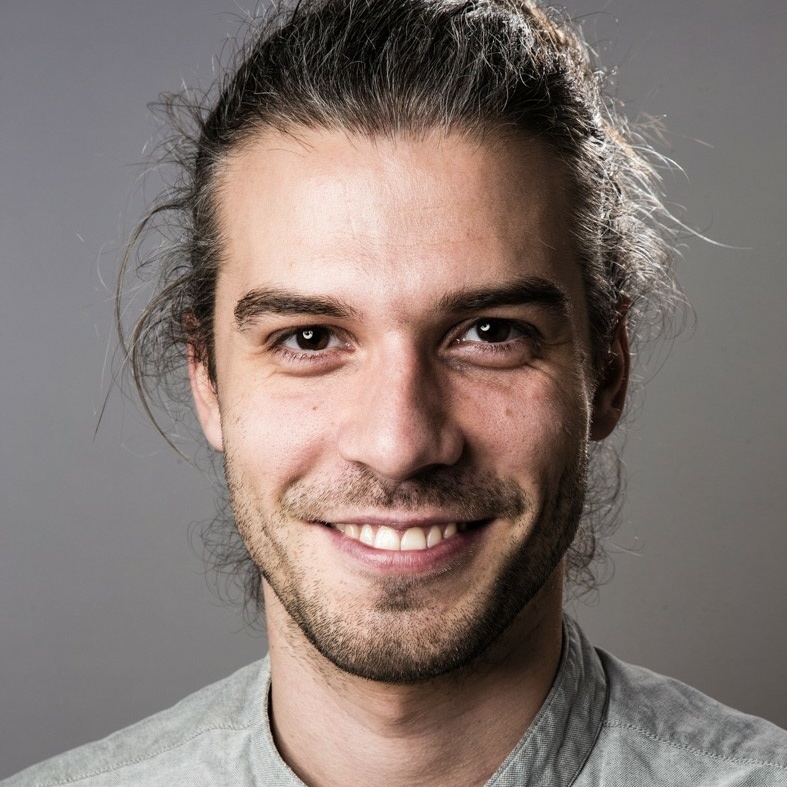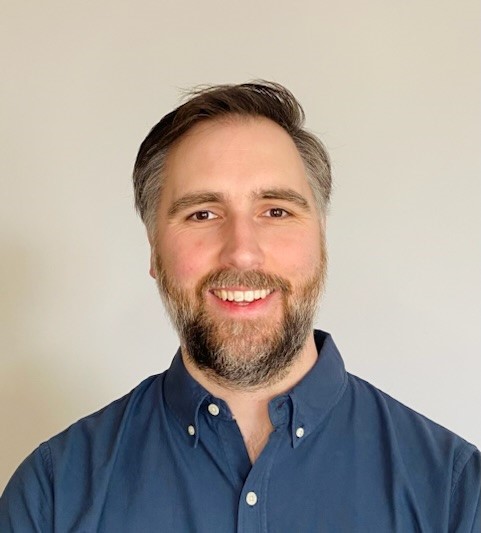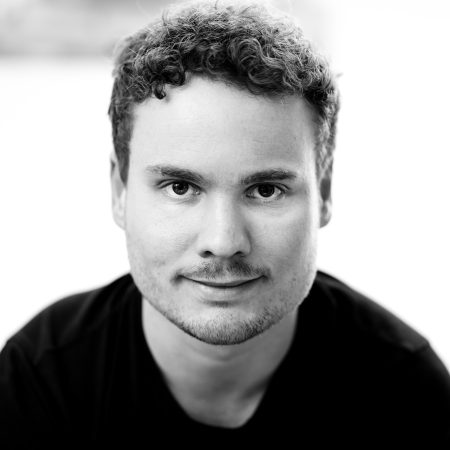

Machine Learning
Lead
Prof. Dr. Klaus-Robert Müller
Technische Universität Berlin
Marchstraße 23,
10587
Berlin
Interpretable ML Methods, Data Modeling, Anomaly Detection
The Distinguished Research Group of Prof. Dr. Klaus-Robert Müller is concentrating on the development of robust and interpretable machine learning methods for learning from complex structured and non-stationary data and the fusion of heterogeneous multi-modal data sources. A special focus lies on the efficient modeling of non-stationary, heterogeneous and structured data sources with deep learning and kernel methods. He and his team also work on theoretically sound incorporation of a priori knowledge from the application domain as well as the detection of anomalies in structured data. The resulting models are expected not only to be accurate, but also to explain their nonlinear decisions, quantify decision uncertainties, and create new knowledge about the studied data. In addition, Klaus-Robert Müller has been pursuing a long history of bringing machine learning into the sciences, which has helped to arrive at genuinely novel insights. In the last decade his attention has focused primarily on quantum chemistry, cancer research as well as computational neuroscience.
Complete and Efficient Covariants for Three-Dimensional Point Configurations with Application to Learning Molecular Quantum Properties
Euclidean Fast Attention: Machine Learning Global Atomic Representations at Linear Cost
Experimental comparison of graph-based approximate nearest neighbor search algorithms on edge devices
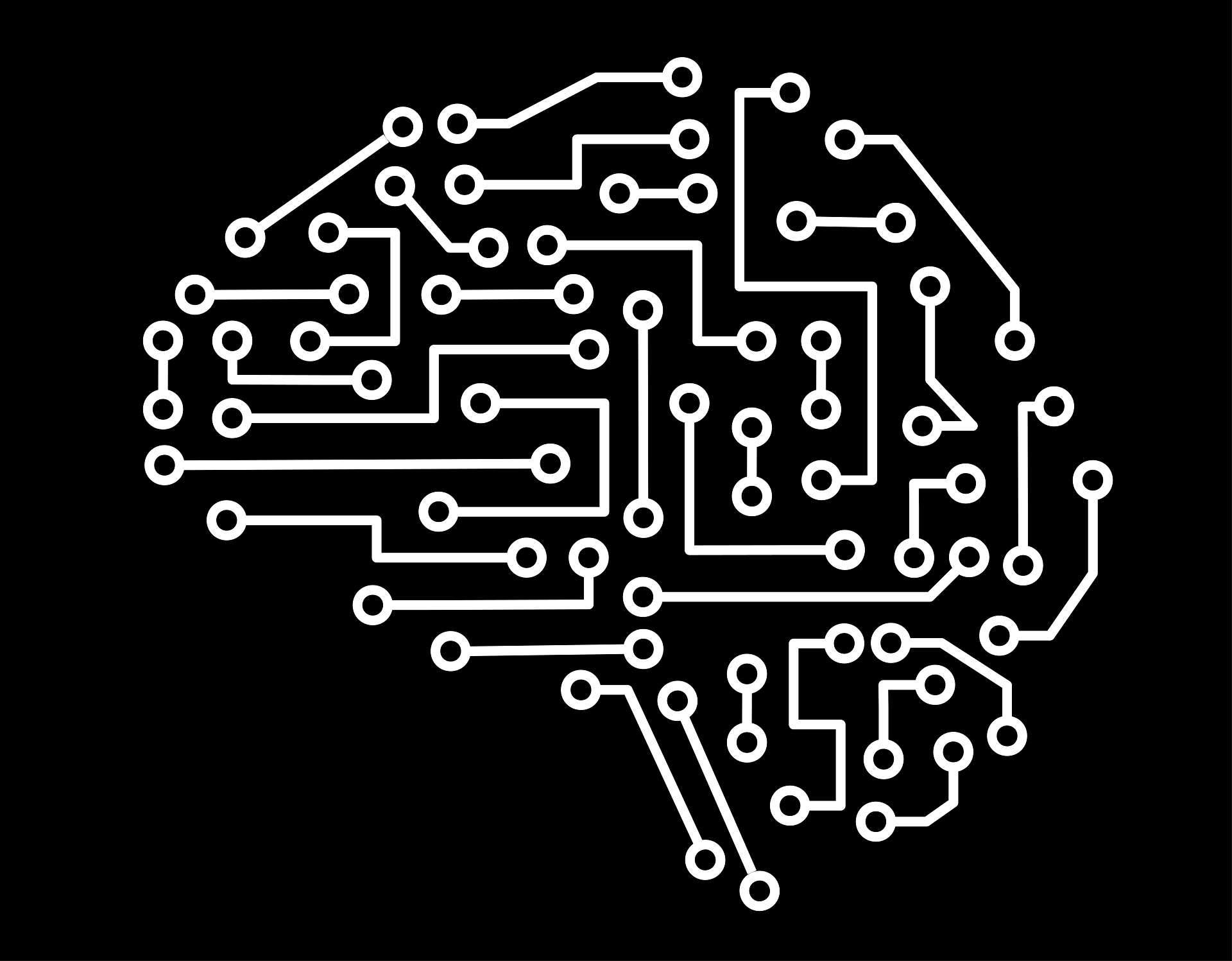
Tackling Data Heterogeneity in Federated Learning
A persistent challenge in Federated Learning (FL) lies in handling statistical heterogeneity—namely, if the clients’ distributions are different from each other. Shinichi Nakajima, BIFOLD research Grouplead and his team propose FLOCO (Federated Learning over Connected Modes), to tackle those issues.
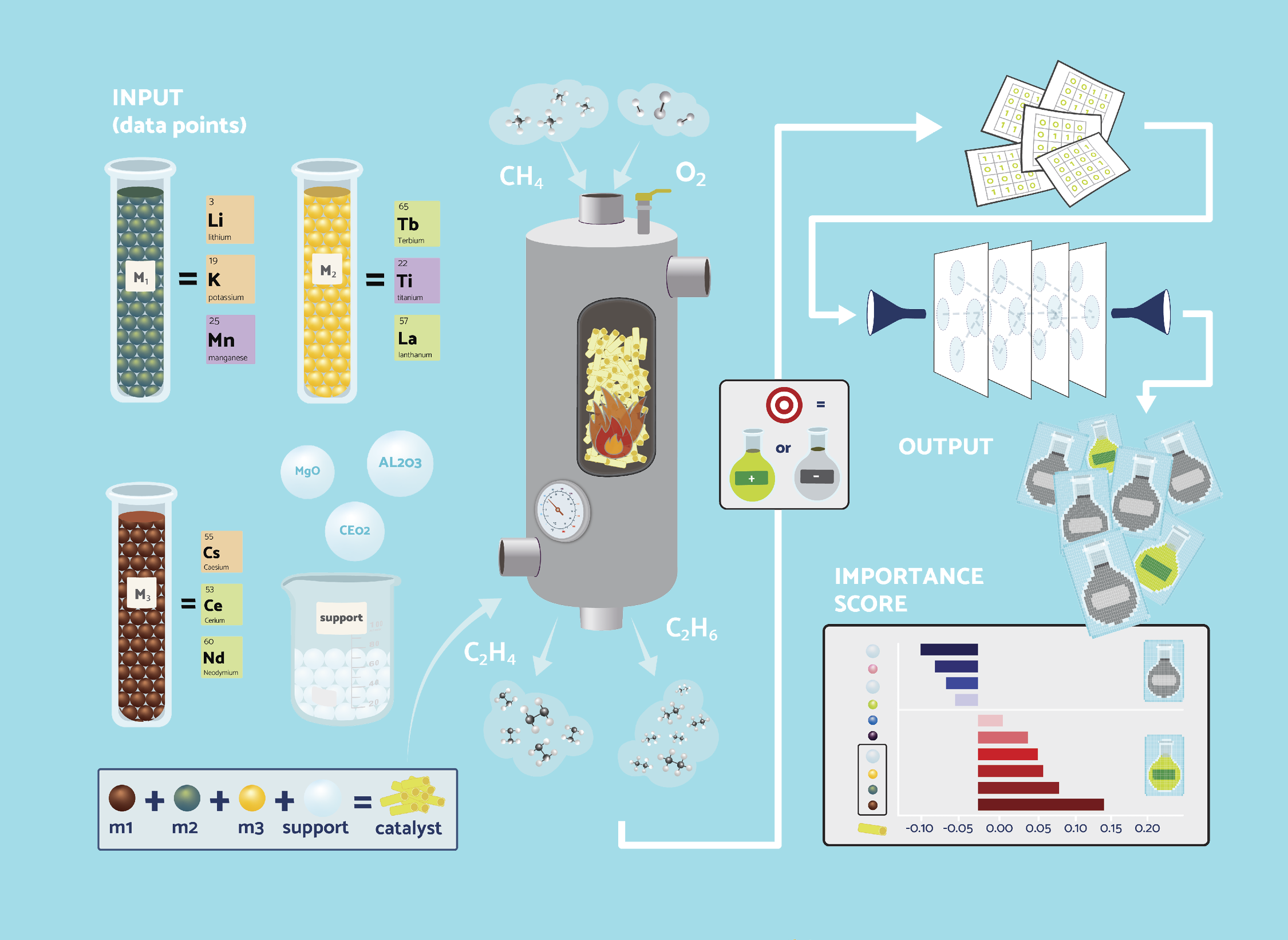
Machine learning accelerates catalyst discovery
Machine learning (ML) models have recently become popular in the field of heterogeneous catalyst design.

Paper Forecast NeurIPS 2024
Several BIFOLD research groups participate in the 48th Annual Conference on Neural Information Processing Systems in Vancouver, Canada, taking place from December 10 to 15, 2024.
